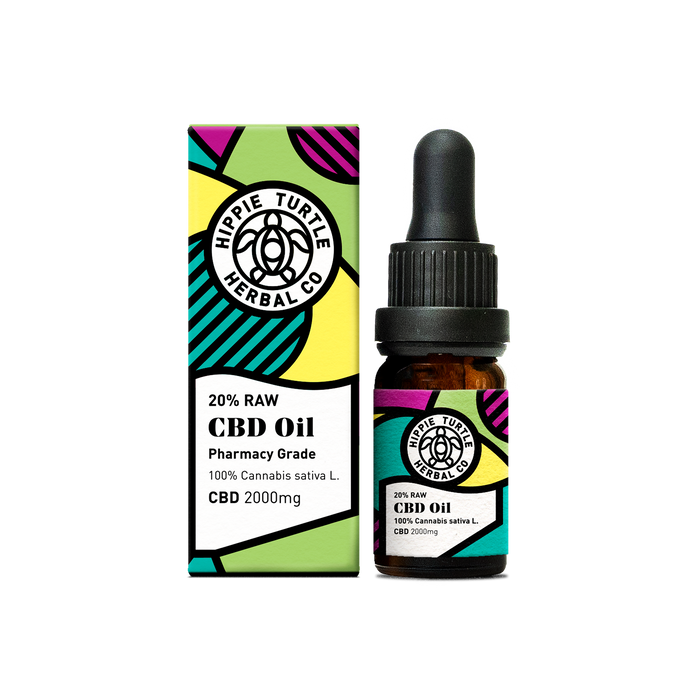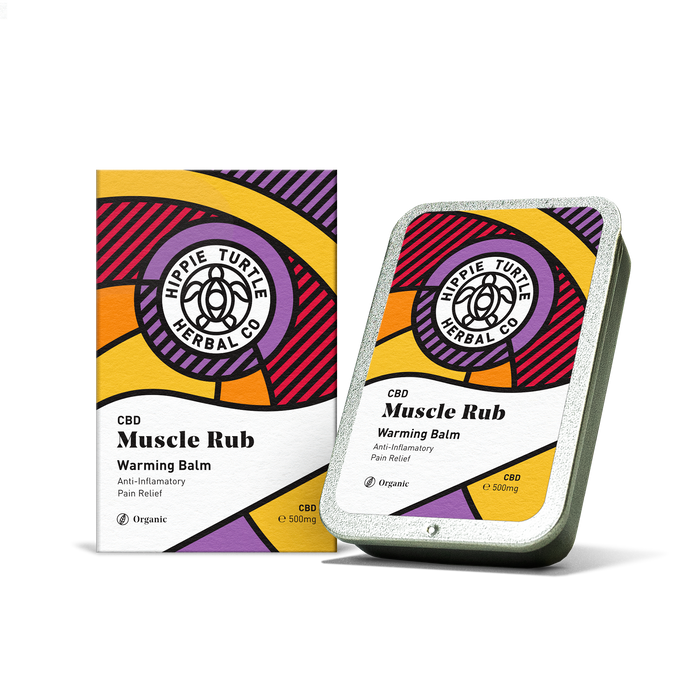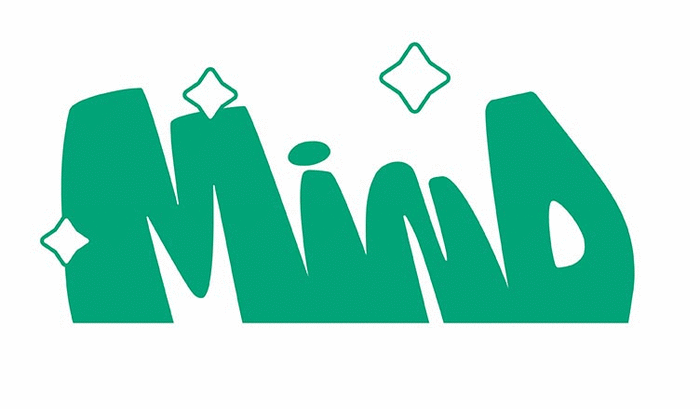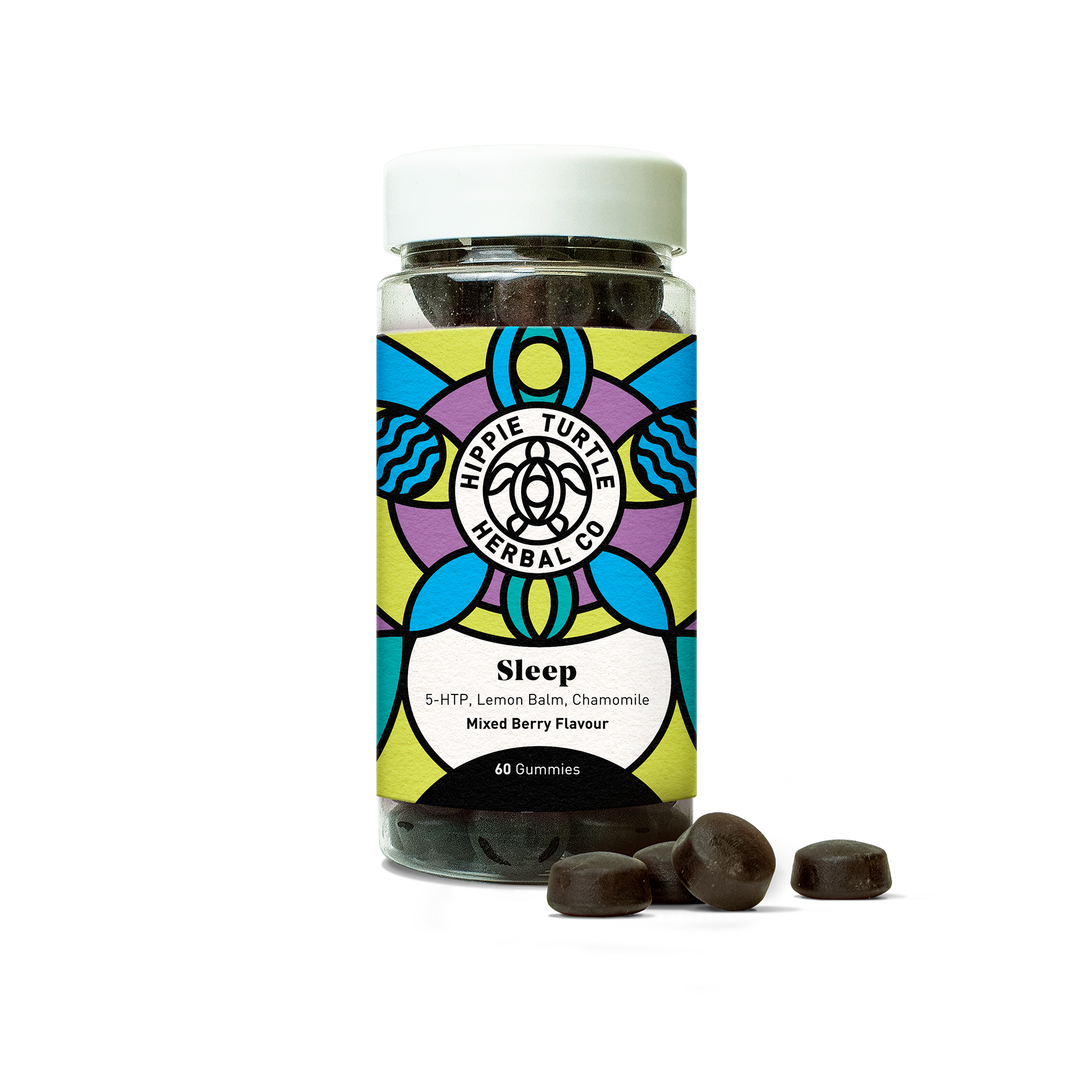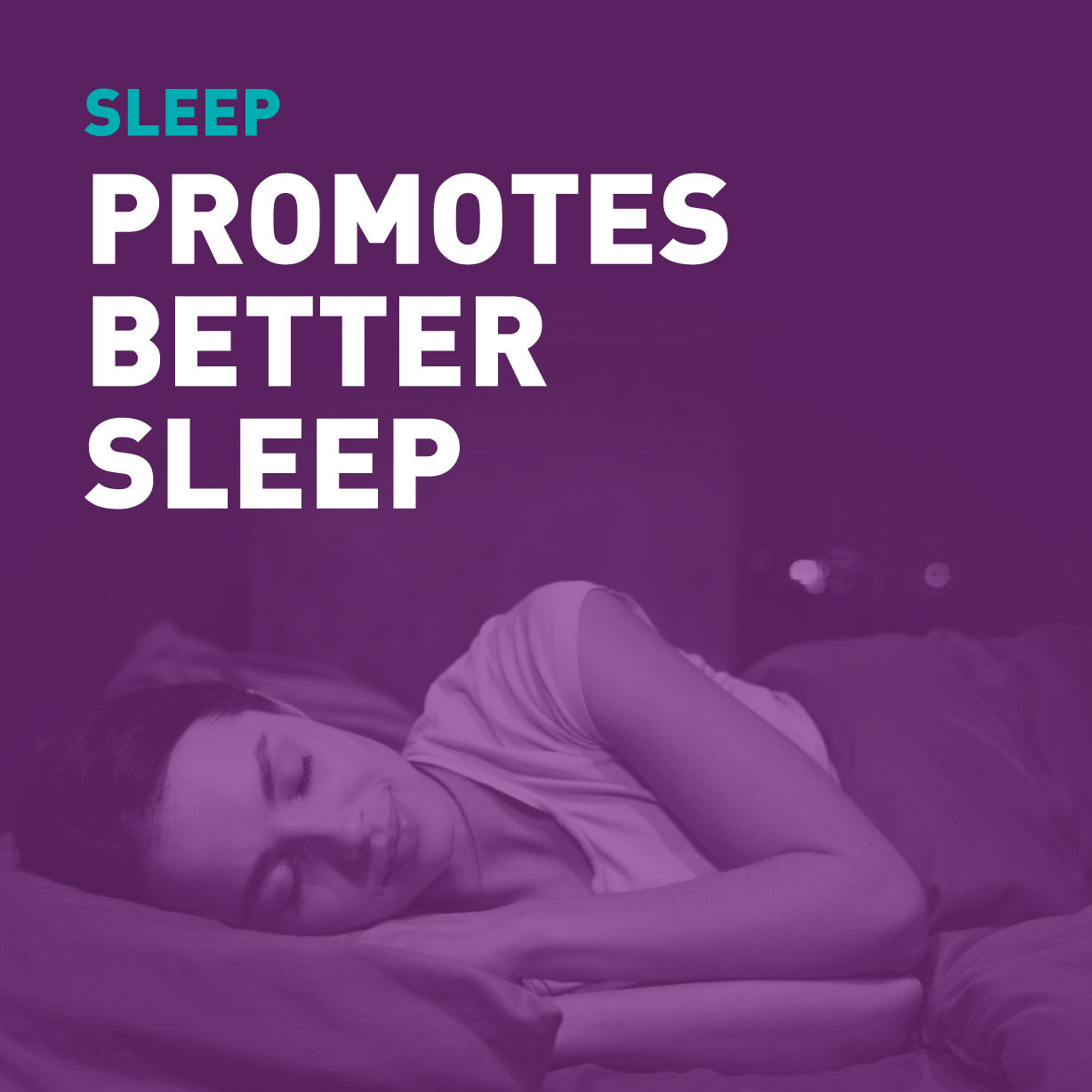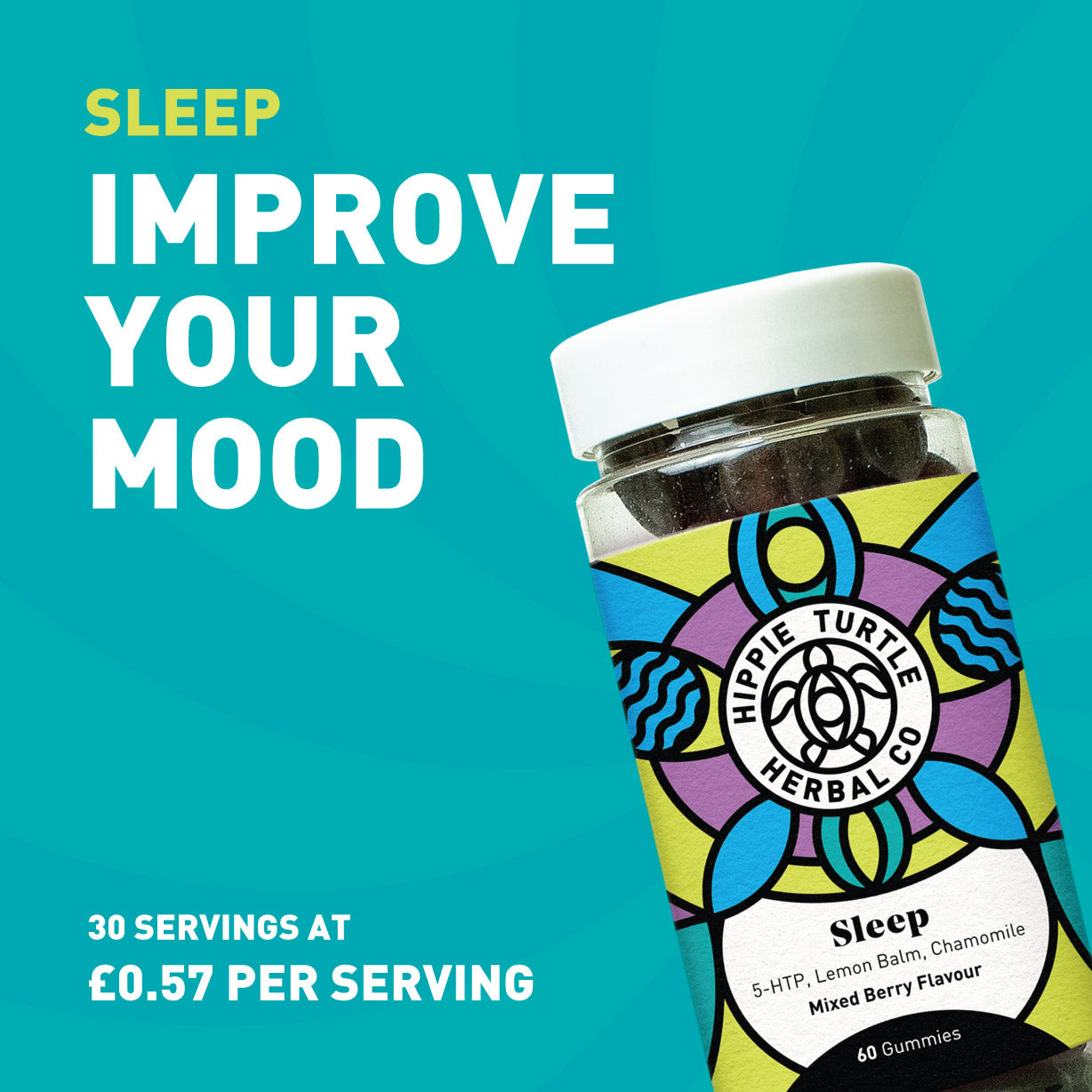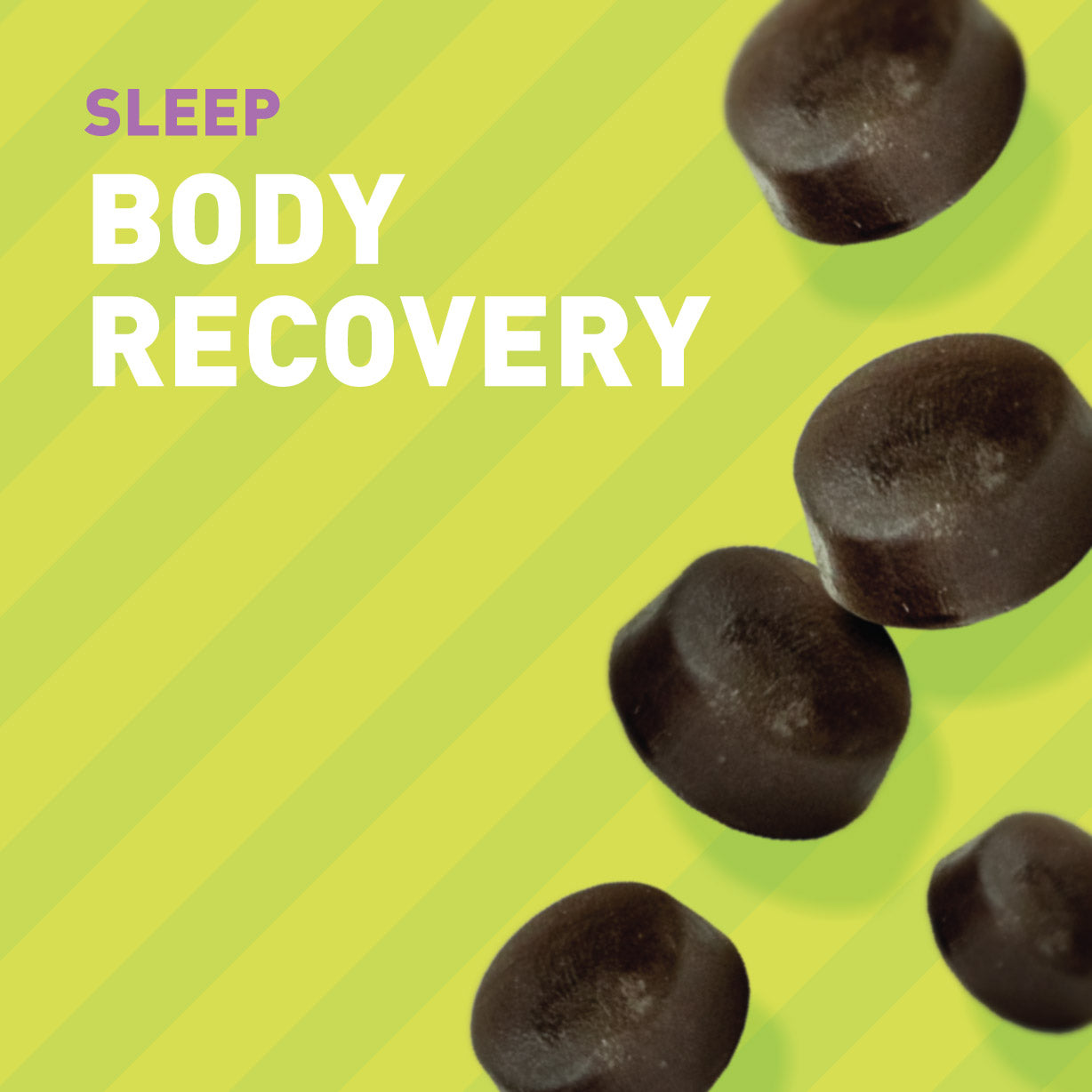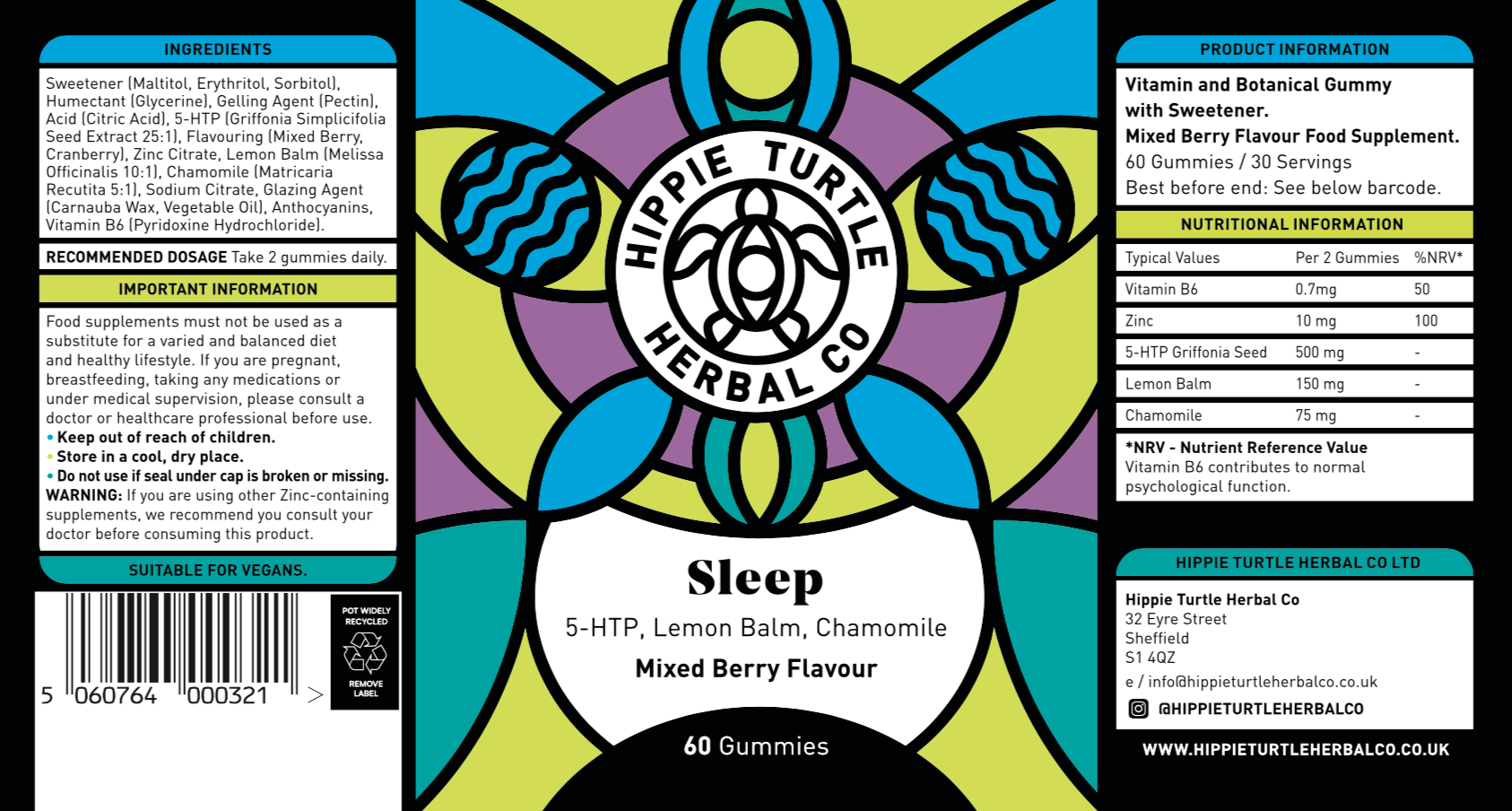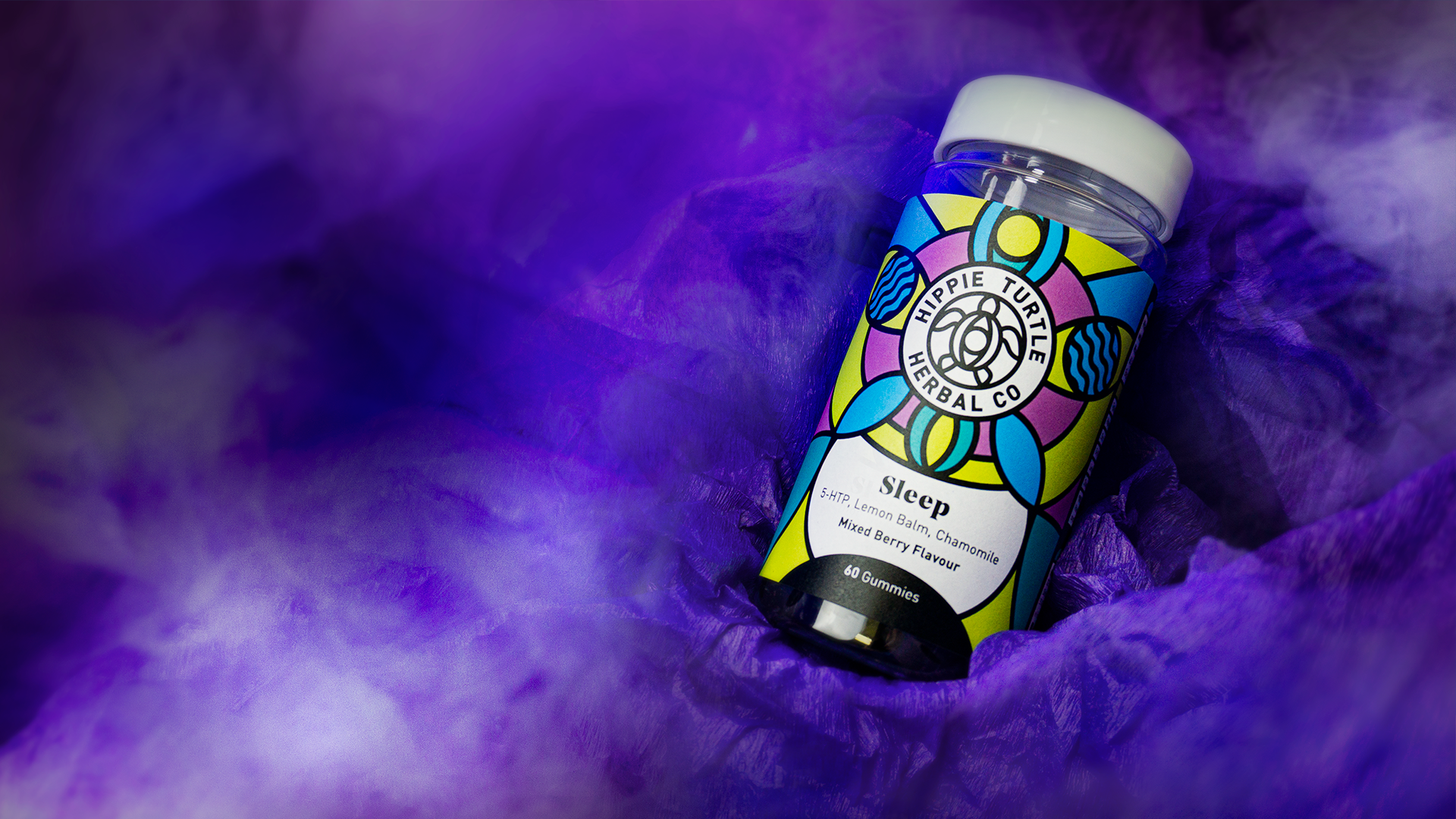

· By Ashley Heeley
5 steps for a better night's sleep
Not getting adequate sleep can really ruin the following day. Sleep plays a vital role in our wellbeing, by ensuring our minds are sharp, and renewing and repairing the body from injury and stress. Persistent sleep deficiency can lead to health problems such as weight gain, depression, heart disease, premature ageing, and high blood pressure. So, it is with great importance we get enough good-quality sleep every night. The modern world can often make this difficult, long working hours; unnatural shift patterns; a thriving nightlife industry; and addictive technology, all make sleep easy to neglect. Below are some steps to take for a restful and effective night's sleep:
1. Avoid screens & caffeine
It is not surprising that the drinks we use to wake up in the morning will keep us awake at night. The stimulating effects of caffeine are present in the body several hours after ingestion, taking up to 10 hours to completely clear from the bloodstream. Not only is caffeine a stimulant, but it is also a diuretic, which can result in dehydration and the need to urinate more than usual, which is particularly irritating when trying to rest!
We all have different schedules and needs, with some individuals more sensitive to caffeine than others. However, it is advisable to cut out, or significantly reduce caffeine intake after lunchtime. By having your final caffeinated drink around midday, the stimulant should have cleared from your system by 10pm. Herbal teas are a good caffeine-free alternative; camomile and mint teas actually have calming benefits so are great during the evening.
Another factor that could be contributing to insomnia or restlessness before bed is screentime. Smartphones, TVs, laptops, and smartwatches all emit blue light. Blue light is actually all around us, and our eyes are well-equipped at dealing with it as the sun even emits blue light. Yet, the sun does not shine at night like our TVs do. Research shows that when we are exposed to blue light in the evening we release less melatonin, a vital hormone designed to get us ready for sleep, so our body's sleep cycles can be disrupted as a result.
Thankfully, new devices often come with the option of a blue light filter, with orange undertones that mimic the light similar to that of a sunset, thus signalling to the eyes that it is nearing the end of the day. Blue light filter glasses are also available, these supposedly block out the blue light from our screens. Although there is more research needed in this area, it is indeed sensible to limit blue light exposure and cut down screen time before bed; social media and entertainment on television stimulate the brain and are therefore not conducive to a restful night's sleep.
2. Evening self-care
Self-care is about the small individualised steps you take to help manage stress and appreciate life. You may enjoy a warm bath; meditation; a skincare routine; a massage; or cooking a meal from scratch. Little rituals that bring you joy break the day up and make life more pleasurable. Getting enough sleep in itself is arguably a form of self-care, and neglecting how much sleep your body needs is often an unintended form of self-harm.
Setting aside some time and investing in the activities you enjoy doing is an important method of unwinding and switching off. If possible, give yourself 30 minutes to an hour each evening to take it easy - pamper, listen to a podcast, cuddle the cat, read a book - whatever you enjoy. This way the body and mind can unwind from the day, relax, and be satisfied enough to sleep with ease when it comes to actually hitting the pillow.
Hippie Herbal Turtle Co’s bath bombs and muscle rubs are a great asset to any self-care routine. Not only do they contain CBD which relieves inflammation, but the different essential oils in the bath bombs can provide a myriad of aromatherapy uses, with some specifically targetted for insomnia and a good night's sleep, just take a look at the product description to find one that suits you. Massaging a small amount of our muscle rub into a stiff neck or sore calf is a soothing way to target areas of tension, aiding the body in recovery before it repairs itself during sleep.
3. Cooldown the temperature
Our body temperature naturally cools down as we lie down for sleep. Likewise, as the sun goes down the temperature outdoors drops during the night. Our bodies have thus evolved over hundreds of thousands of years to sleep in a cooler environment than that during the day. It has been shown that the biggest drop in body temperature occurs during REM sleep cycles (the deepest stage in our sleep in which we typically see dreams). During this stage of sleep, our bodies repair themselves and we consolidate our memories of the day's events, making it vital that we get enough. The human body is designed to sleep at cooler temperatures, so turning the thermostat down as you head to bed can trigger an innate response that it is night, the body is cooling, and therefore preparing to sleep.
It should be mentioned that having a hot shower or bath in the evening does not counteract this natural transition, in fact, it enhances it! This is because once we are out of the warm water our body temperature drops significantly, thus emulating the switch from day to nighttime and releasing the necessary hormones, such as melatonin, needed for a restful sleep.
4. Foods for better sleep
There is contradicting evidence about whether or not it's a good idea to eat close to bedtime. Regardless of this, in order for the body to repair and regenerate whilst you sleep it needs to be equipped with enough calories and the adequate vitamins and minerals required to do so. Here are some foods or supplements to consider for better sleep:
Magnesium
Magnesium helps the body relax, reduces stress, and lengthens sleep cycles. This vital mineral is responsible for regulating sleep hormones and quieting the nervous system. Cashews, almonds, avocado and bananas are foods naturally high in magnesium.
Tryptophan
An essential amino acid that the body uses to produce serotonin and melatonin, both needed for a restful sleep. Our body cannot produce its own tryptophan and therefore it needs to come from the foods we eat. As amino acids come from protein, foods such as turkey, chicken and tuna all contain substantial amounts of it. Plant-based alternatives that contain tryptophan include oats, bananas, tofu and beans. Hippie Turtle Sleep Gummies contain 5 HTP, a key tryptophan in sleep regulation.
Kiwis & sour cherry juice
Researchers aren’t exactly sure why, but a study has shown those who ate a kiwi within an hour or two before bed had notably better sleep than those who didn’t. Kiwi’s are high in vitamin C, E, potassium and fibre, supporting general health and immunity, so no harm can be done by including them in our diets. Another fruit, tart cherry, is used widely in those who struggle to get to sleep. Due to its high melatonin content, drinking sour cherry juice, or taking a tart cherry supplement, can help regulate the body’s internal clock and improve its sleep-wake cycle.
5. CBD
An overactive mind may often come into play just as we are about to go to sleep. Those that experience anxiety (the most common mental health condition in the UK) may find their heads overflown with worry about the day's events, and apprehension of what the following day will bring. One way to calm a busy mind and racing thoughts is via the regular use of CBD. Numerous studies, and anecdotal evidence, supports CBD as an effective relief for anxiety.
All mammals have an endocannabinoid system that is designed to maintain balance and keep internal functions operating efficiently. Although we do produce our own endocannabinoids, supplementing with plant-based cannabidiol (CBD) can provide considerable benefits in terms of relieving anxiety, as CBD interacts with cannabinoid receptors in the brain that regulate fear, as well as serotonin receptors which improve general mood.
Daily use of good-quality CBD oil has been shown in countless studies to improve the symptoms of those who have anxiety and improve sleep quality. A few drops each morning and evening may be just what is missing for a good night's sleep. At Hippie Turtle Herbal Co we have a wide range of broad/full-spectrum CBD oils with varying strengths and terpenes aimed at targeting different needs, though all of which are beneficial for sleep aid and can calm anxiety. Read the information in the descriptions in order to find one that will serve you best.
In sum
Having some sort of evening routine, in which you take the time to prepare for bed in a way that suits you, will reduce the amount of time spent tossing and turning before eventually falling asleep each night. Avoiding caffeine in the afternoon; making time to do something you enjoy; lowering the heating; switching television for a podcast once in bed, all aid the body’s preparation for rest. For those struggling to relax once in bed, CBD is a natural and multifaceted support for insomnia and anxiety.

